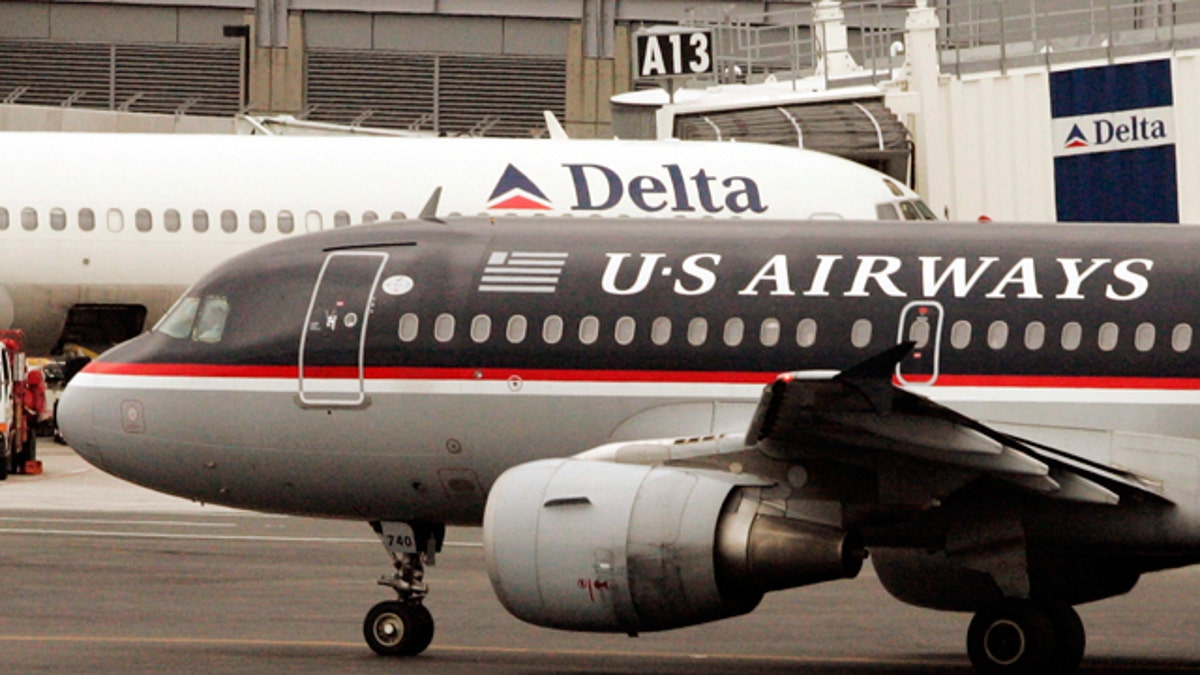
(Reuters)
U.S. airlines' revenue from bag fees fell last year for the first time since they started collecting them, signaling that more passengers are packing light to save cash when they fly.
The Transportation Department said Thursday that the 17 largest airlines made $3.36 billion in bag fees last year, down slightly from $3.4 billion in 2010.
The total number of passengers last year on those airlines rose by about 2.4 percent.
Fees for first and second checked bags began four years ago, when fuel prices soared to all-time highs. But many airlines charged extra for extra heavy or oversized bags before then.
The revenue airlines collect has been climbing ever since. Between 2008 and 2009, money from bag fees jumped by 42 percent. From 2009 to 2010, it increased by 24 percent.
Delta Air Lines Inc. made more than any of its peers last year with $863.6 million in bag fees. That was more than the $854 million in net income that the world's second largest carrier posted, highlighting how vital the fees have become.
For American Airlines, at No. 2, fees saved it from an even wider loss. The airline made $593.5 million in fees last year. Parent company AMR Corp. posted a $2 billion net loss.
Spirit, the only U.S. airlines that charged for carry-on bags last year, was eighth on the list, raking in $134 million in fees. That was double what the next airline collected. JetBlue brought in just $64 million even though it has nearly four times the traffic of Spirit.
JetBlue does not charge passengers for the first checked bag.
Fees for reservation changes and cancellations rose 4 percent to $2.38 billion in 2011.
Bag fees and reservation change fees are the only ancillary fees paid by passengers that are reported to BTS as separate items. Other fees, such as revenue from seat assignments and on-board sales of food, drinks, pillows, blankets and entertainment are not identified separately.
